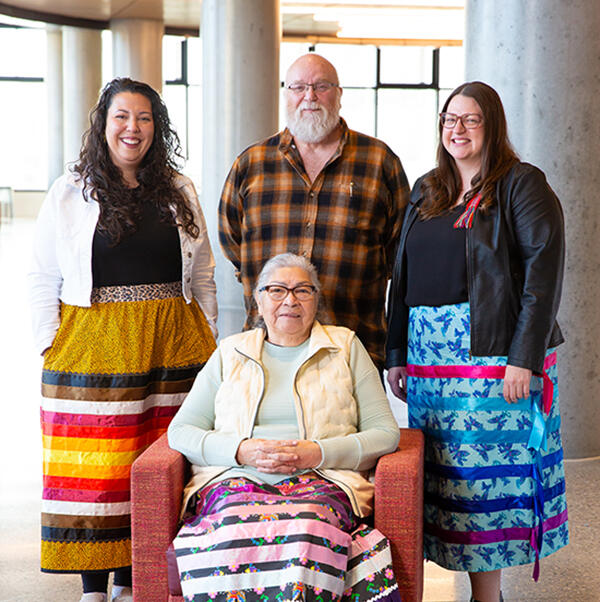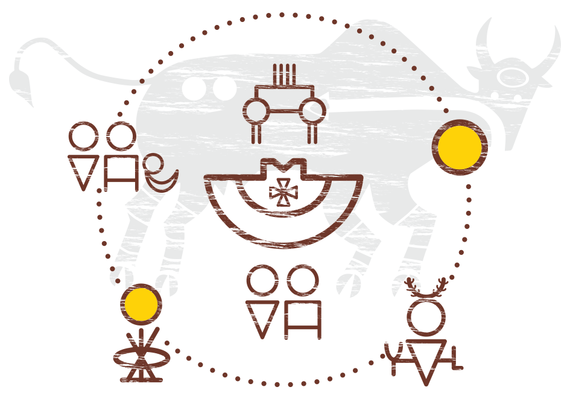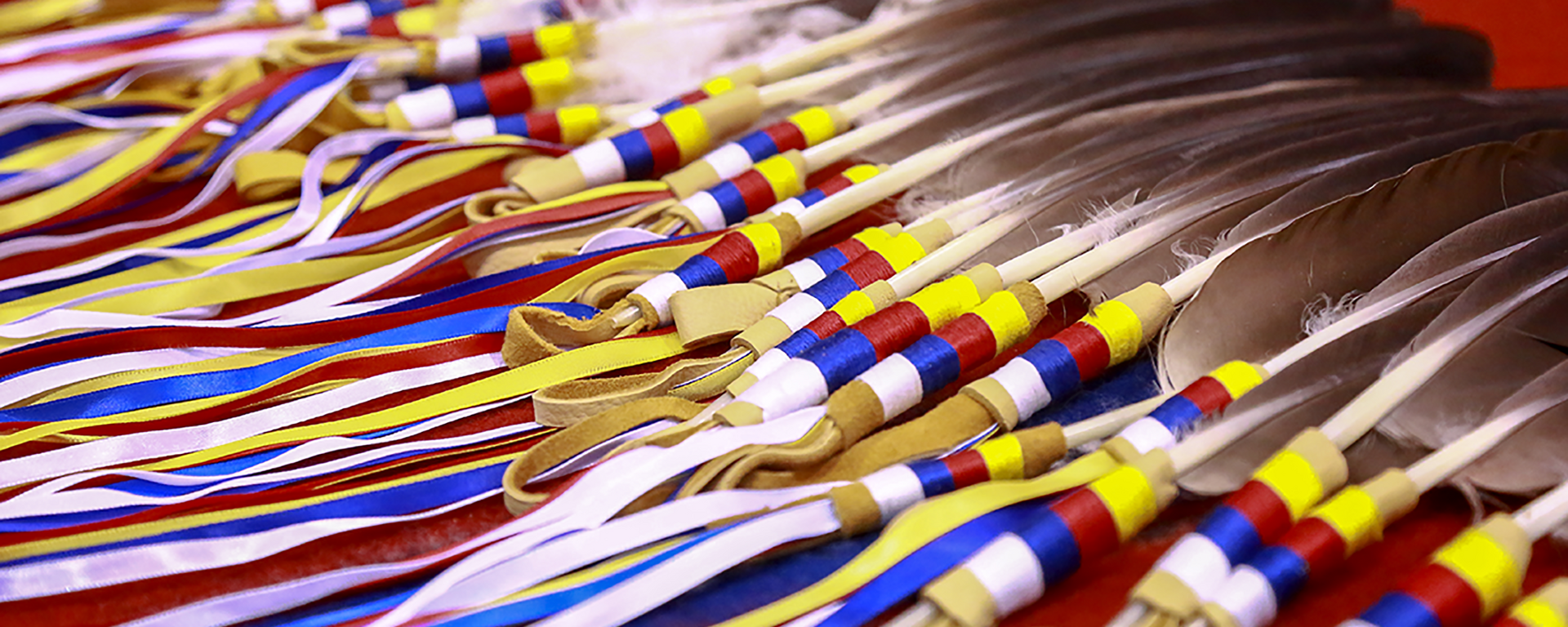Supporting Indigenous Research Values
The Indigenous Research Support Team (IRST) strengthens Indigenous research at the University of Calgary by providing resources, consultations, and collaborative support. We foster a reciprocal, culturally responsive approach to Indigenous research, ensuring it aligns with ethical best practices, Indigenous priorities, and institutional commitments.
IRST began in 2019 with the identification of several challenges being overcome by Indigenous faculty members and within research that is carried out in Indigenous environments.
Our Priorities
1. Supporting UCalgary Researchers in Indigenous Research
- Building researcher knowledge of Tri-Agency and UCalgary Indigenous research policies
- Strengthening understanding of ethical and wise practices in Indigenous research
- Developing resources and tools for researchers
- Providing training and workshops
2. Supporting Indigenous Peoples, Communities, and Organizations
- Creating resources to enhance Indigenous community understanding of university research processes
- Facilitating connections between Indigenous communities and researchers
- Supporting the development of culturally responsive research agreements and policies
- Providing communications and media outreach through our bi-monthly newsletter
Contact Us
Email: irst@ucalgary.ca
Visit: IRST Contact Page
Book: a Consult
Indigenous Research Community of Practice
IRST Resources
The Indigenous Research Support Team assists and strengthens Indigenous-related research capacity at the University of Calgary. Learn more about Community Engagement, Ethics, Indigenous Data Sovereignty, Indigenous Research, International Indigenous Community-based Research and Treaty 7 communities and organizations.
Researchers and Academics
IRST is an advisory entity that can provide guidance to researchers and scholars on the proper processes to adhere to within Indigenous research. IRST will be the point of contact for all UCalgary researchers doing any work within the broader Indigenous landscape.
We can assist researchers and scholars by:
- Providing guidance and wise practices in Indigenous research, community engagement, and Indigenous data management
- Supporting development of Indigenous research grants and ethics applications
- Identifying funding opportunities related to Indigenous research
- Supplying administrative support for research projects such as consultations, honoraria, and awareness raising

The Strategy
Launched in 2017, ii' taa'poh'to'p guides the University of Calgary on its path to truth and reconciliation. The realization of ii' taa'poh'to'p will require patience, dedication, ongoing dialogue and thoughtful reflection. Reconciliation will be an ongoing process for many years — perhaps generations.


